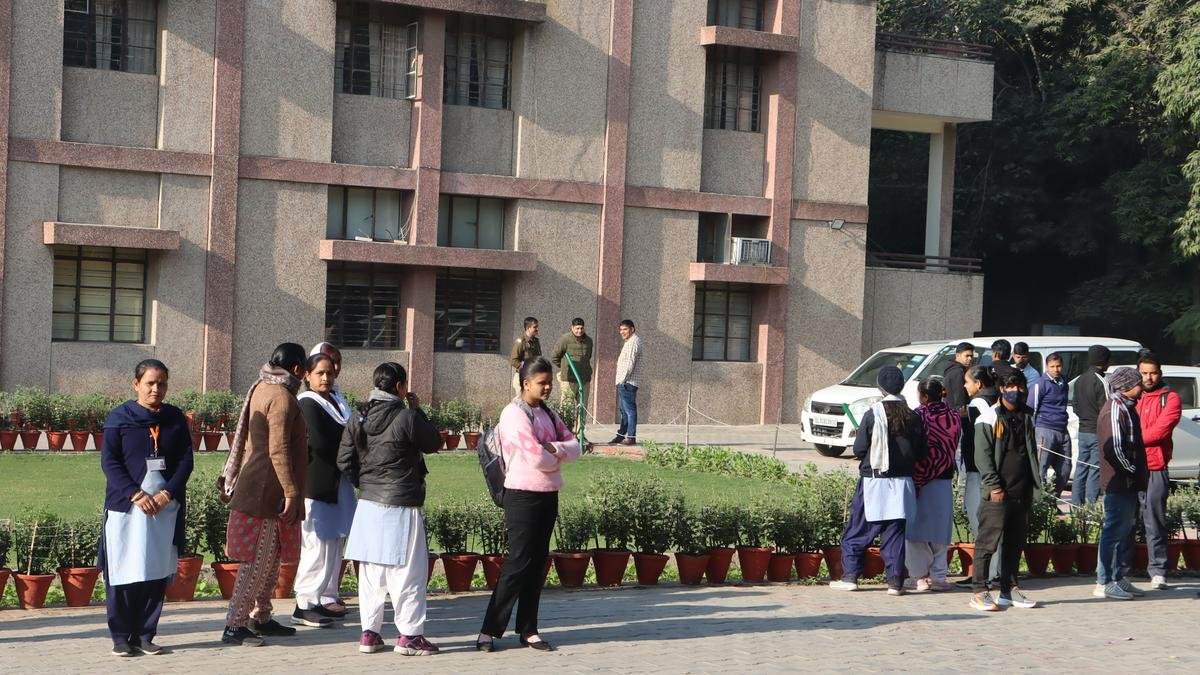Uttarakhand is poised to become the first Indian state to implement a Uniform Civil Code (UCC), with Chief Minister Pushkar Singh Dhami set to officially launch the UCC portal and issue a notification marking its adoption. This significant move follows comprehensive consultations with experts, locals, and representatives from various communities, aiming to bring uniformity in society and empower women.
Key Provisions of the Uniform Civil Code:
- Marriage and Divorce: The UCC establishes a common minimum marriageable age—21 years for men and 18 years for women. It mandates compulsory registration of all marriages within 60 days to ensure legal recognition. The code specifies uniform grounds for divorce applicable to all communities, addressing issues such as cruelty, adultery, desertion, and mental illness. Practices like polygamy and polyandry are prohibited under the new law.
- Inheritance and Succession: The UCC grants equal inheritance rights to sons and daughters, eliminating distinctions between ancestral and self-acquired property. It establishes a uniform set of rules for inheritance based on the relationship to the deceased, irrespective of religious affiliation, thereby simplifying legal procedures.
- Live-in Relationships: The code mandates the registration of live-in relationships, granting them legal recognition and protecting the rights of individuals in such partnerships. It ensures the rights of children born to partners in registered live-in relationships, including access to inheritance and maintenance. There is also a provision for maintenance to partners deserted in live-in relationships, ensuring their financial security.
The UCC applies to all residents of Uttarakhand, except Scheduled Tribes and protected authority-empowered persons and communities. The law clarifies legal requirements for marriage, stating that only mentally capable individuals aged 21 (for men) or 18 (for women) who are not already married may enter into a union. Marriages can be performed according to religious customs, but registration will be mandatory to ensure legal recognition.
The implementation of the UCC in Uttarakhand marks a historic moment, as it becomes the first state in post-independence India to adopt such a code. This move aligns with Article 44 of the Indian Constitution, which advocates for a uniform civil code across the country. While the UCC aims to promote equality and social harmony, it has sparked both support and criticism, with proponents arguing for equality and opponents warning of potential societal divisions.




